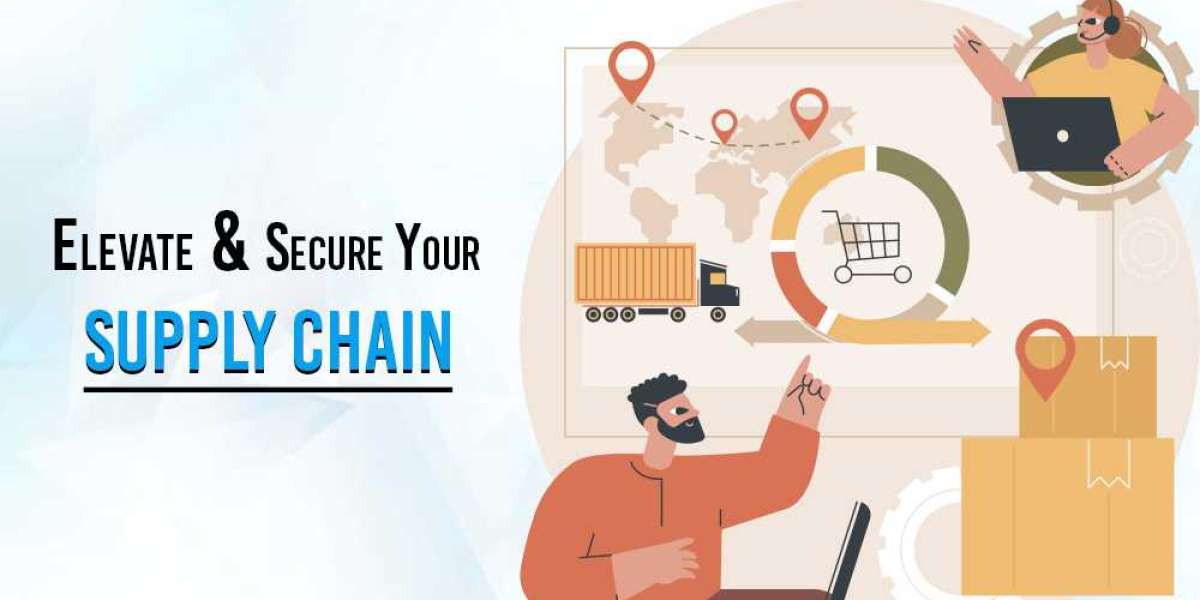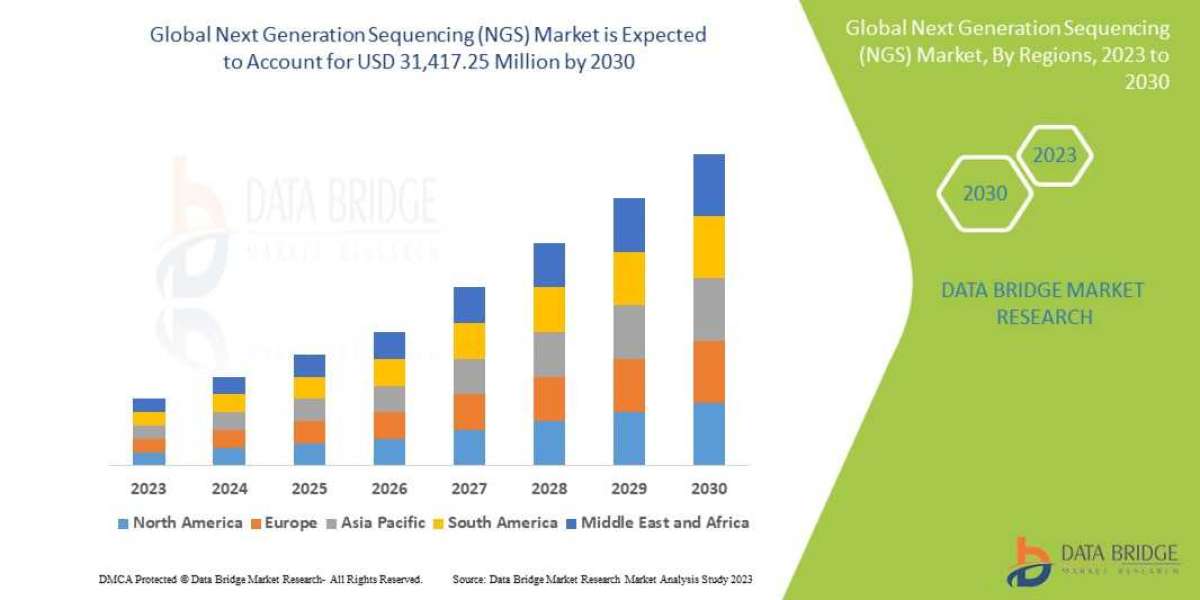In the intricate web of modern supply chains, risks can emanate from various sources – economic uncertainties, geopolitical events, natural disasters, and even internal operational challenges. Identifying and mitigating these risks proactively is crucial for sustaining a resilient and secure supply chain. Vendor performance assessment is a proactive mechanism to anticipate, prevent, and navigate potential disruptions when integrated into risk management strategies.
Understanding Vendor Performance Assessment:
Vendor performance assessment systematically evaluates a vendor's capabilities, reliability, and adherence to predefined criteria. This evaluation goes beyond traditional metrics like cost and delivery time, encompassing quality, innovation, ethical practices, and compliance. By gauging these aspects, organizations can comprehensively view a vendor's ability to meet expectations and contribute to the overall risk management strategy.
Key Strategies for Proactive Risk Management:
Diversification of Vendor Portfolio:
- Risk Mitigation:Relying on a single vendor poses a significant risk. Diversification helps spread risk across multiple sources, reducing the impact of disruptions from a single supplier.
- Vendor Performance Metrics:Evaluate vendors based on their merit and contribution to the overall risk diversification strategy.
Real-time Monitoring and Data Analytics:
- Risk Mitigation:Timely identification of performance deviations allows for quick intervention and resolution, minimizing the potential impact on the supply chain.
- Vendor Performance Metrics:Implement real-time monitoring systems that track key metrics, such as delivery times, quality control, and compliance adherence.
Collaborative Relationship Building:
- Risk Mitigation:Establishing strong, collaborative relationships with vendors fosters open communication channels, making addressing and resolving potential issues easier before they escalate.
- Vendor Performance Metrics:Assess vendors' willingness and ability to engage in collaborative problem-solving and proactive communication.
Continuous Improvement Initiatives:
- Risk Mitigation:Vendors committed to continuous improvement are better equipped to adapt to changing circumstances and proactively address potential challenges.
- Vendor Performance Metrics:Evaluate vendors based on their commitment to innovation, process optimization, and adaptability to market dynamics.
Ethical and Compliance Standards:
- Risk Mitigation:Adhering to ethical and compliance standards is essential for avoiding legal and reputational risks associated with non-compliance.
- Vendor Performance Metrics:Assess vendors' adherence to ethical practices, regulatory compliance, and sustainability initiatives.
Leveraging Technology for Advanced Risk Mitigation:
As businesses strive for heightened efficiency and effectiveness in risk management, the role of technology cannot be overstated. Advanced technological solutions play a pivotal role in augmenting the capabilities of vendor performance assessment, enabling organizations to delve deeper into risk mitigation strategies.
Integration of AI and Predictive Analytics:
- Risk Mitigation: Artificial Intelligence (AI) and predictive analytics empower organizations to forecast potential risks based on historical data, market trends, and external factors. This proactive approach allows businesses to implement preventive measures before risks materialize.
- Vendor Performance Metrics: Evaluate vendors based on their utilization of AI and predictive analytics in their operations. Vendors embracing these technologies showcase a commitment to staying ahead of potential disruptions.
Blockchain for Transparency and Traceability:
- Risk Mitigation: Blockchain technology provides an immutable and transparent ledger, enhancing traceability in the supply chain. This ensures that all transactions and activities are recorded and can be audited, minimizing the risk of fraud and enhancing overall transparency.
- Vendor Performance Metrics: Assess vendors' adoption of blockchain in supply chain processes. Vendors leveraging blockchain contribute to a more secure and transparent supply chain ecosystem.
Cloud-Based Collaboration Platforms:
- Risk Mitigation: Cloud-based collaboration platforms facilitate real-time communication and data sharing between organizations and vendors. This enhances visibility into the supply chain, allowing for swift responses to emerging risks and disruptions.
- Vendor Performance Metrics: Evaluate vendors on their integration with cloud-based collaboration platforms. Vendors embracing these technologies demonstrate a commitment to streamlined communication and collaboration.
Cybersecurity Measures:
- Risk Mitigation: In an era where cyber threats can disrupt supply chain operations, robust cybersecurity measures are imperative. Organizations and their vendors must prioritize data security to mitigate the risk of cyber-attacks.
- Vendor Performance Metrics: Assess vendors based on their cybersecurity protocols and data protection measures. Vendors with stringent cybersecurity practices contribute to a more secure supply chain environment.
As organizations embrace digital transformation, integrating advanced technologies becomes instrumental in fortifying risk mitigation strategies. By leveraging AI, blockchain, cloud-based collaboration, and cybersecurity measures, businesses can enhance the depth and breadth of their vendor performance assessment. This safeguards against traditional risks and positions organizations to navigate the evolving landscape of digital threats and disruptions.
Incorporating these technological dimensions into the fabric of vendor performance assessment signifies a commitment to staying at the forefront of risk management. Organizations that embrace these advancements demonstrate a proactive approach to mitigating risks, fostering a resilient and future-ready supply chain ecosystem.
Conclusion:
In the globalized and interconnected supply chain era, businesses cannot afford to adopt a reactive stance toward risk management. Proactive risk management, facilitated by robust vendor performance assessment strategies, provides organizations with the foresight and agility needed to navigate the complexities of the modern business landscape. By integrating these strategies, businesses can safeguard their supply chains and foster resilient and enduring partnerships with their vendors.
In conclusion, the proactive use of vendor performance assessment as a risk management tool empowers organizations to anticipate, prevent, and navigate potential disruptions in their supply chains, ensuring operational continuity and sustained growth.








